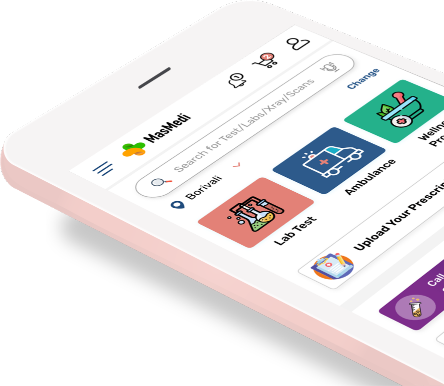Sample Type
Gender
Age Group
Urine
Male/Female
All Age Group
Kidney stones develop when certain salts or minerals build up in the urine and form crystals. The crystals stick together and enlarge, eventually forming a hard mass called a stone. A 24-hour urine analysis can show if certain substances are found at high concentrations in the urine and might be causing the kidney stones. Urinary pH is also important, as certain crystals are more likely to form in urine thats too acidic (low pH) and others are more likely to form in urine thats not acidic enough (high pH). The information from this test, in combination with other tests like blood tests and radiology studies, can help determine the cause and location of the stones and the treatment that might help prevent more kidney stones. Once treatment starts, another 24-hour urine collection can help determine whether the treatment is working.
Stone screening profile includes 5 Test(s)
best labs
Option Near Youlab comparison
As per your budgetAffordable
Price GuaranteedUNBIASED ADVICE
On LabsSUNDAY LAB
Labs available on SundaysTracking health status made easy with the app. Now available on both Google Play Store and App Store. Book health tests and access your smart reports and health trackers anytime anywhere.
